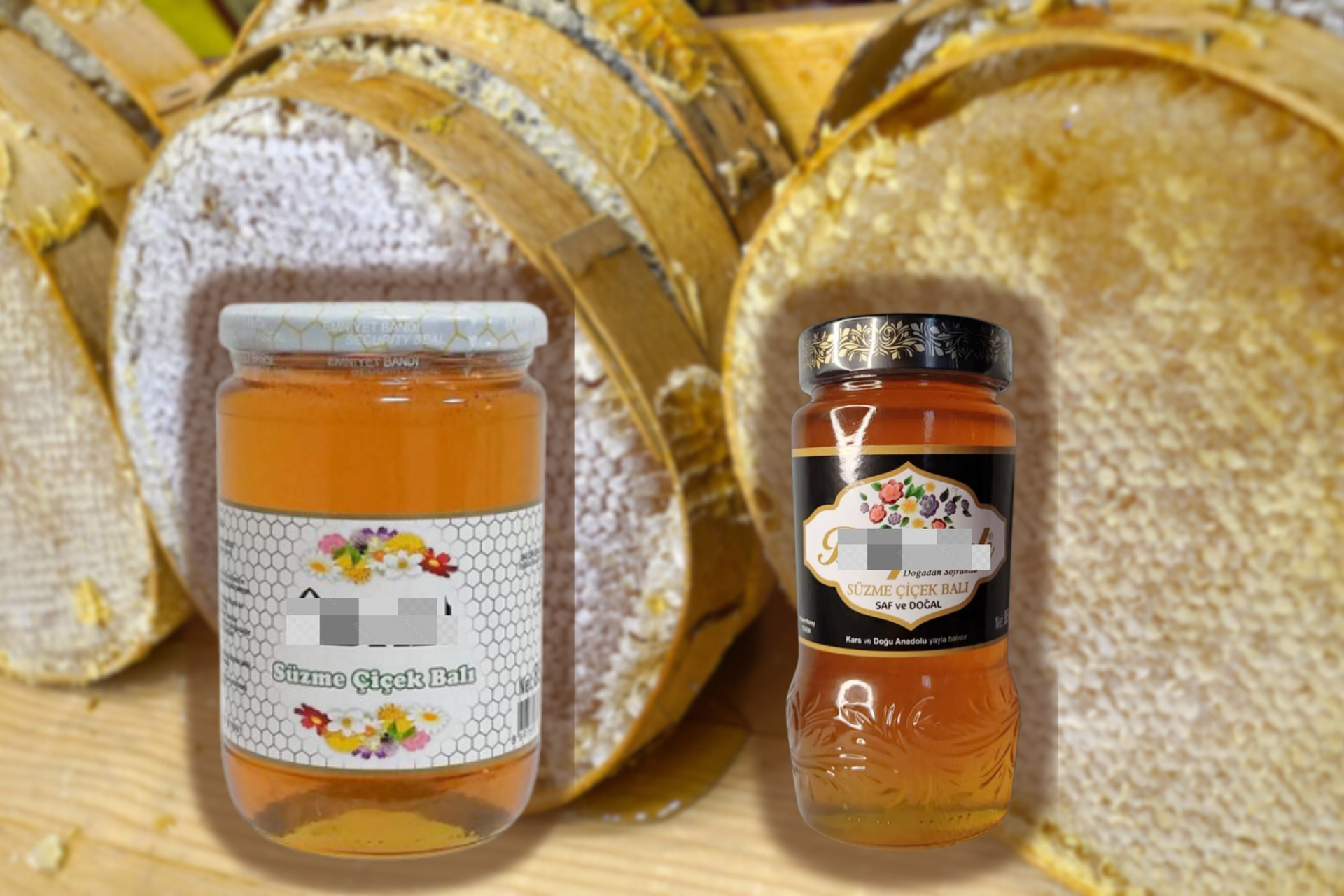
Türkiye's Ministry of Agriculture and Forestry exposed two well-known honey brands, "Abali" and "Balpetek," for selling fake honey.
On Nov. 12, the ministry listed these brands as fraudulent after detecting imitation and adulteration in their honey products.
The ministry's disclosures aim to protect consumers from health risks linked to adulterated food products. This list, which is regularly updated, includes various items with misleading labels across food categories, giving consumers a resource for identifying questionable goods.
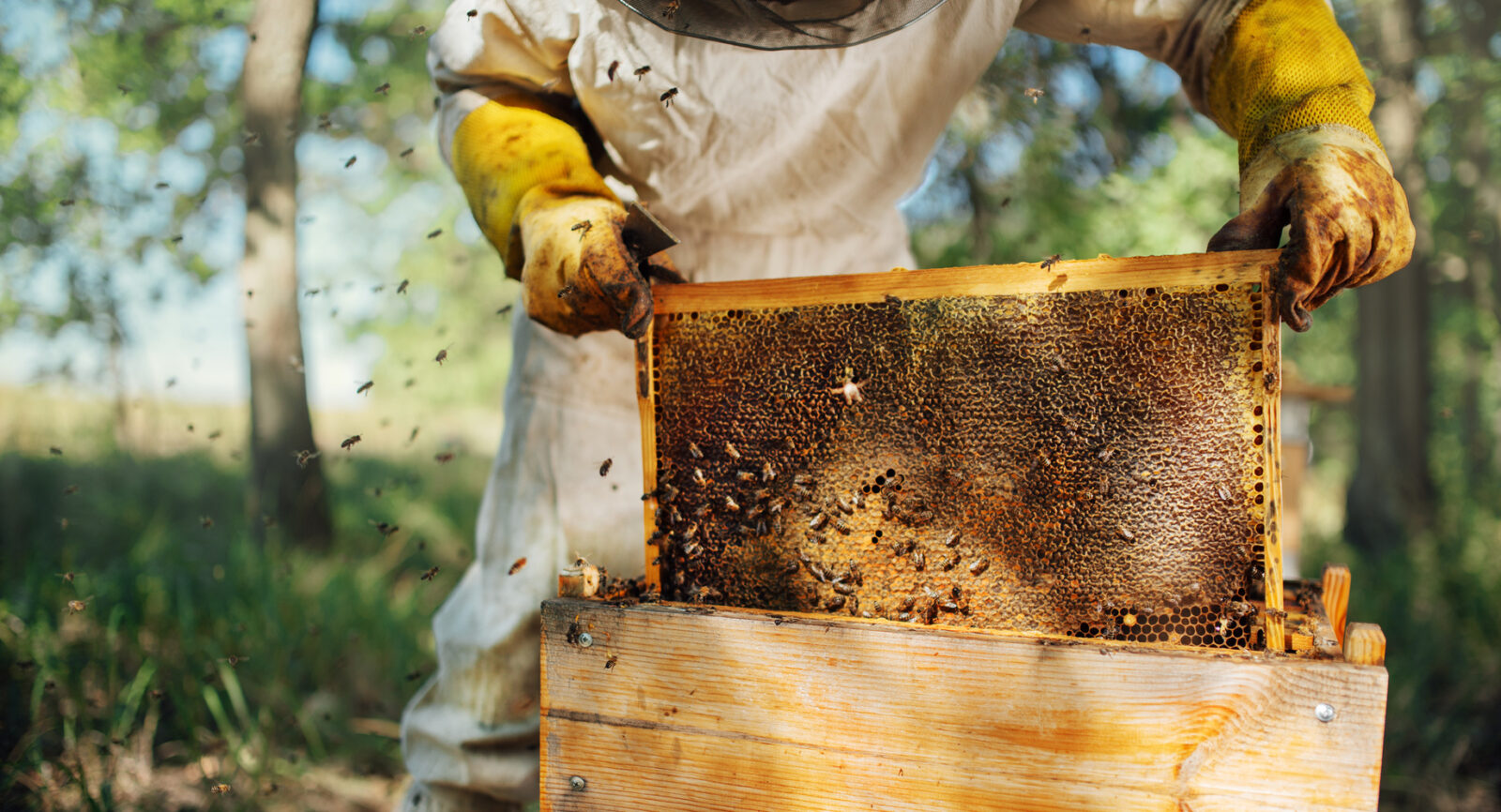
Fake honey has been a persistent issue in Türkiye, leading the Ministry of Agriculture and Forestry to intensify efforts to curb food fraud.
Recent investigations have revealed more cases of honey adulteration, with brands using deceptive techniques to mimic authentic honey.
In one major operation in Ankara, authorities uncovered 8,150 tons of adulterated products, including honey mixed with glucose and fructose syrups.
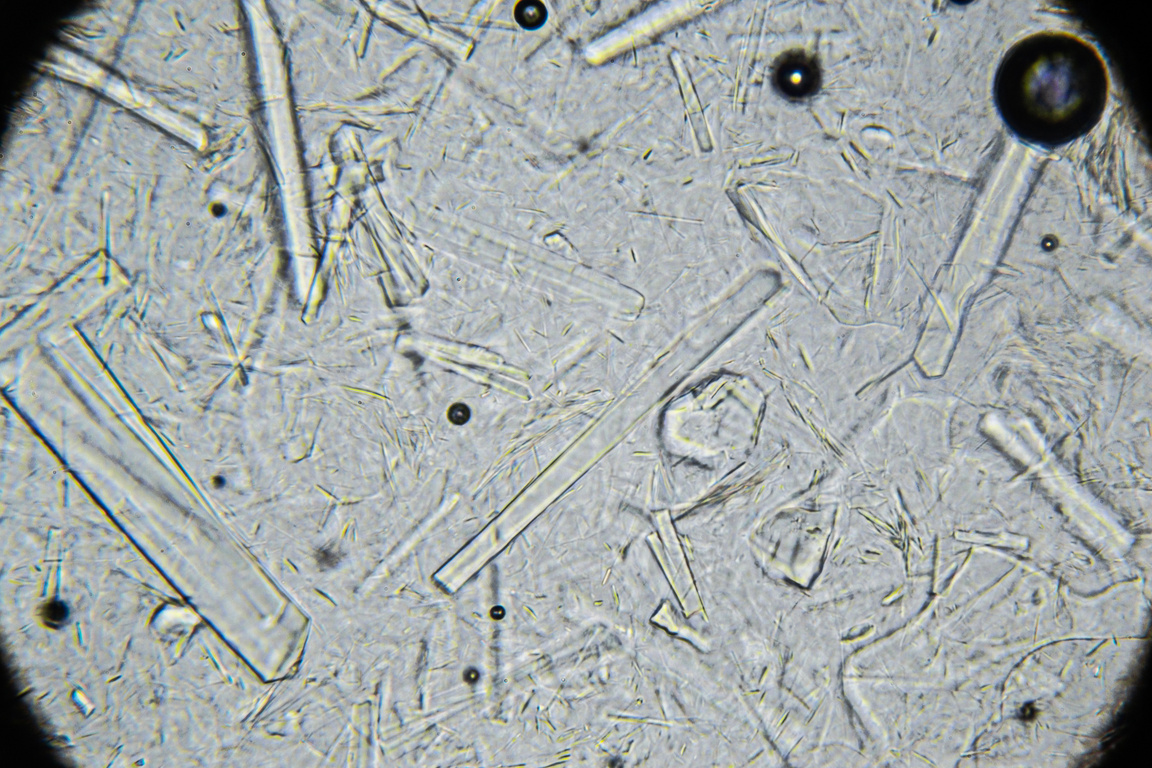
For consumers, fake honey has become a widespread problem. These imitation products often resemble genuine honey in appearance, texture, and even taste, making it hard for consumers to detect the fraud.
Experts note that honey fraud affects not only consumers who may lose trust in honey products but also legitimate honey producers who struggle to compete against cheaper, diluted options.
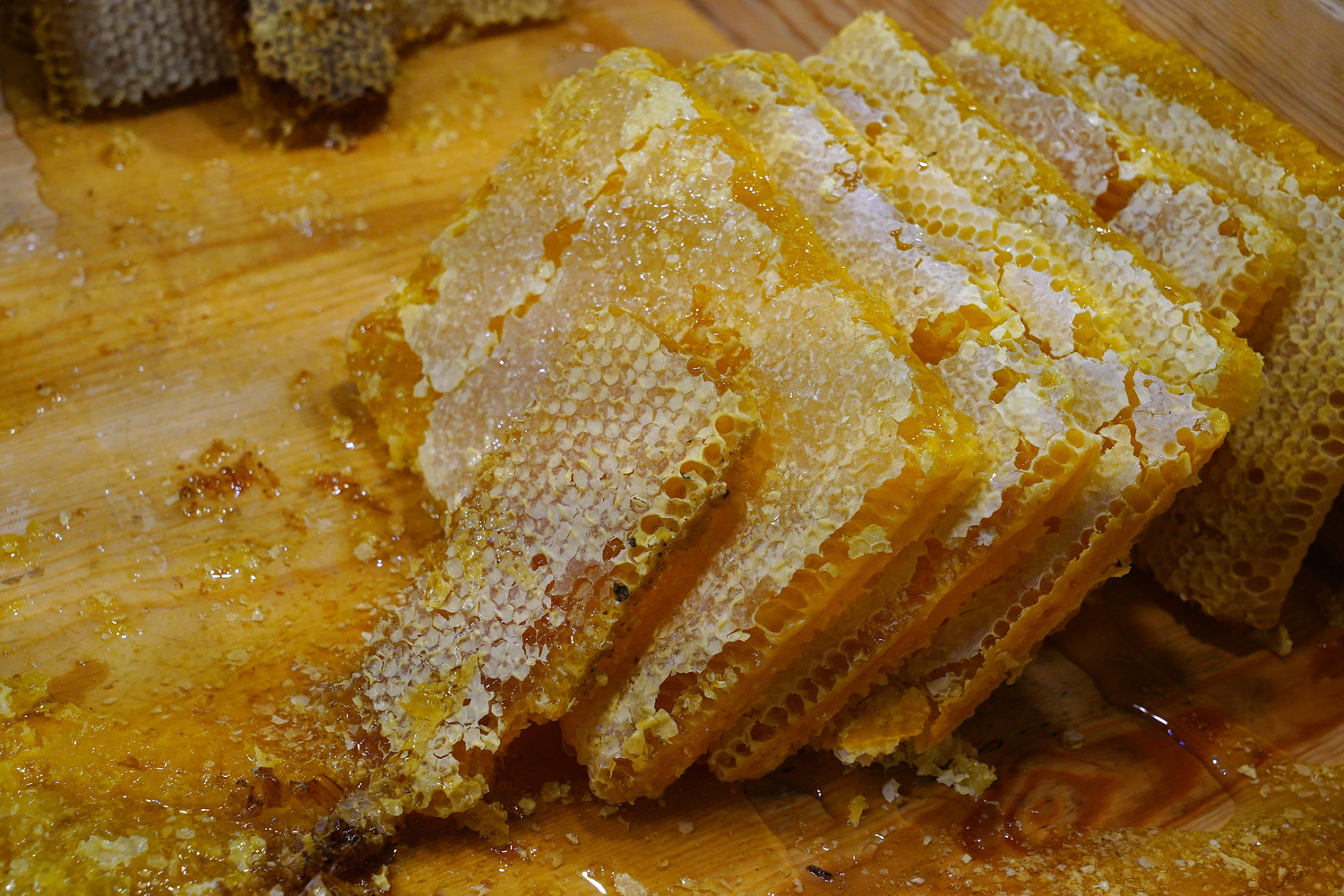
To increase profits, some producers use various methods that compromise honey’s authenticity and quality. Here are some of the most common techniques used to create fake honey:
Experts emphasize that fake honey lacks the beneficial properties found in authentic honey, such as antioxidants and antimicrobial effects, and can even contain additives harmful to health.
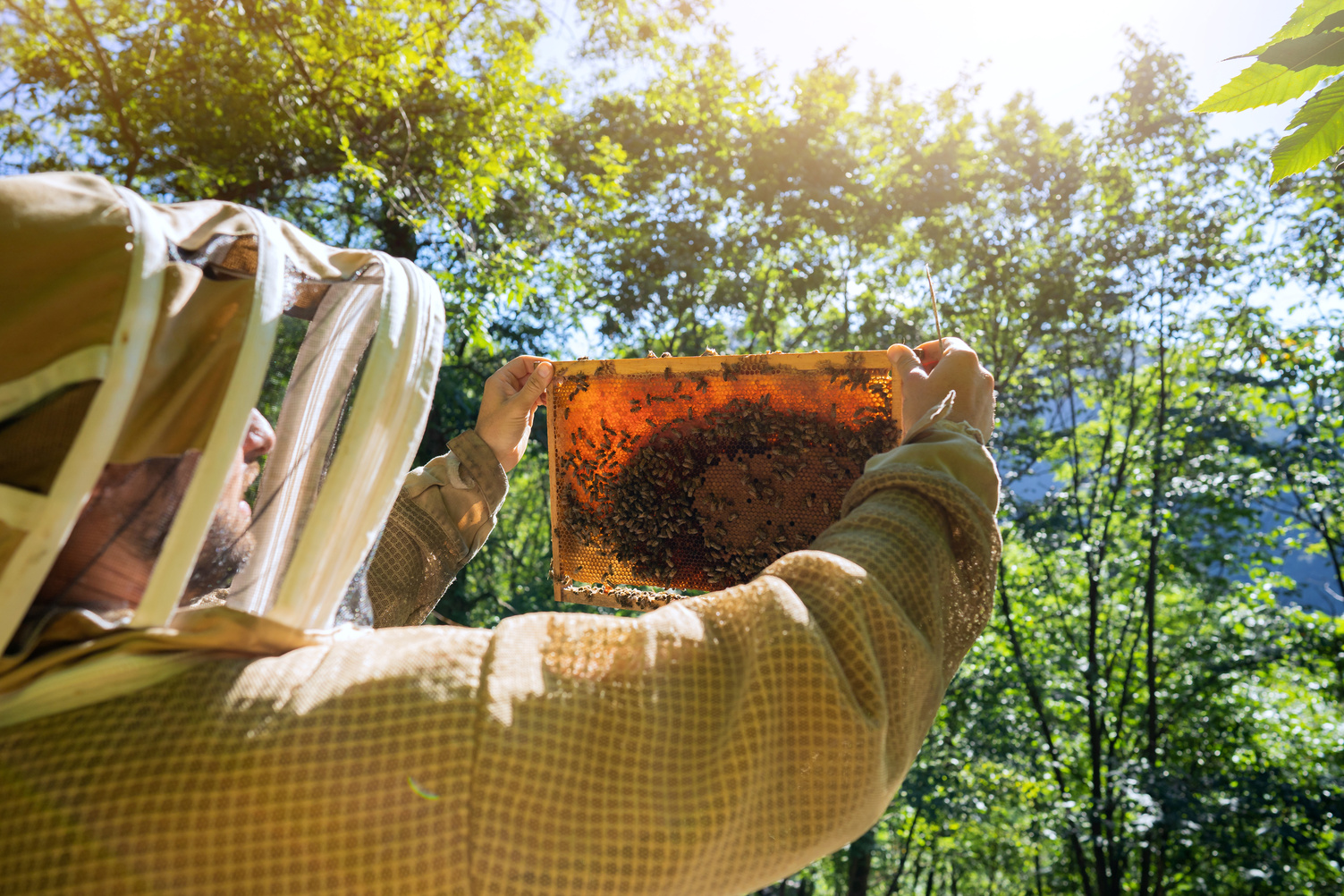
Identifying fake honey can be difficult since counterfeit products often resemble real honey in look and flavor. Here are practical tips to help consumers avoid fake honey:
These tests can help consumers identify fake honey, but lab testing remains the most reliable way to verify authenticity.
The Ministry of Agriculture and Forestry recommends purchasing honey from trusted sources and advises consumers to be cautious of honey sold at unusually low prices, as these are often adulterated.